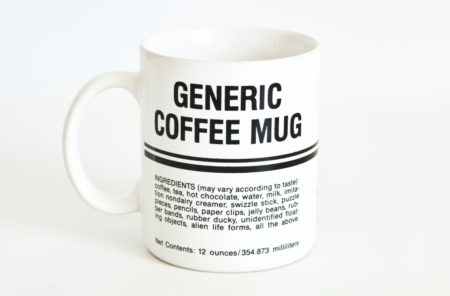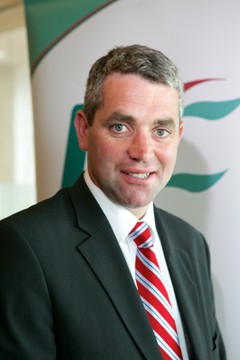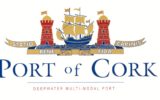7 November 2019
By Mary Bermingham
mary@TheCork.ie
“I encourage people in Cork to have their say on these landmark proposals.”
Member of the Special Climate Action Committee, Carrigaline based Senator Tim Lombard, has confirmed that a public consultation has been launched regarding several proposed environmental levies designed to encourage more sustainable behaviour.
The consultation was launched by Minister for Communications, Climate Action and Environment, Richard Bruton. Submissions may be made by email to: environmental.levies@DCCAE.gov.ie and will remain open until 20th December 2019.

File photo: Just as we see people bringing their own shopping bags – to save on the plastic bag levy – will people in Cork now start to bring their own mugs for takeaways Coffees?
Senator Lombard said: “These proposals are a key action under the Government’s Climate Action Plan, the government’s plan to ensure we meet our 2030 climate commitments, putting us on a trajectory to be net zero by 2050.
“I encourage people in Cork to have their say on these landmark proposals.”
The proposed first phase of levies is as follows:
• An increase to the existing Plastic Bag Levy from the current rate of 22c to 25c
• Expanding the Plastic Bag levy to include medium weight plastic bags (True ‘bag for life’ bags will remain exempt)
• A Waste Recovery Levy at €5 a tonne. This would apply to the three key waste recovery options – landfill, incineration and export
• An increase to the Landfill Levy by €5 per tonne to €80 per tonne
• A levy on disposable cups – the rate is to be determined following market research but likely to be 10c, 15c or 25c
Minister Bruton said: “Climate disruption is the biggest challenge facing this generation. A tonne of food wasted or single use packaging tipped into a landfill, results in the 6 tonnes of carbon which it took to make that food or packaging, completely lost to the world. Even if such waste is not avoided, residual waste could be halved if businesses and homes put things in the right bin.
“These changes, we hope, will make people more conscious of this and will encourage people to make small changes such as bringing their own bags shopping, or their own cup when going for a coffee, that can make a difference.
“All of the funds collected will go back into environmental action. Industry too will be expected to make changes and we will be designing levies on food packaging and takeaway containers.”
Facts & Figures
The Environment Fund, established under the Waste Management Act, 1996, as amended, is a positive example of the use of economic instruments to improve environmental outcomes, with revenues from environmental levies reinvested in actions which seek to provide support for environmental objectives such as community initiatives to improve the local environment, research, education, communication and waste recovery.
The Fund is currently supported by levies on plastic bags and landfill waste. Since its inception in 2001, in excess of €830m (to December 2018) has been raised by the Environment Fund through these levies.
Decreasing numbers of landfill sites, from 89 in 1995 to just 3 in 2019, reflects the success of the levy approach.
Phase 1: Timeframe – 2020-2021
A. Increase plastic bag levy
B. Remove the current exemption from plastic bag levy enjoyed by medium weight plastic bags
C. Introduce a Waste Recovery Levy (would apply to landfill, incineration (both Waste to Energy Plants and cement kilns) and export).
D. Increase the Landfill levy (applies to waste disposal)
E. Introduce a flat levy on disposable cups (‘Coffee Cup Levy’)
Phase 2: Timeframe – 2022-2023
F. Develop proposals for the introduction of a levy on take away food containers
G. Review the operation of the Phase 1 levies and make adjustments as necessary
Phase 3: Timeframe – To be determined having regard to developments at EU level in relation to plastic packaging.
H. Develop proposals for the introduction of a levy on food packaging in retail outlets
I. Review the operation of the Phase 1 and 2 levies and make adjustments as necessary
J. Develop proposals for further levies for introduction, as appropriate


